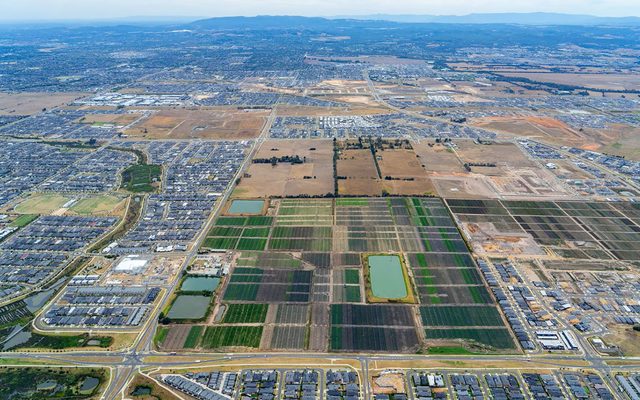This article is from the Australian Property Journal archive
SYDNEY’S housing market is overheated and has been ranked the fourth riskiest market in the world, according to the global investment bank UBS.
The UBS Global Real Estate Bubble Index said Sydney‘s housing market has been overheating since the city became a target for Chinese investors several years ago.
“While Sydney showed the lowest index score of all our covered APAC cities in 2012, the market now ranks in the bubble risk category and tops all other cities in the region,” the report authors Matthias Holzhey and Maciej Skoczek said.
According to the report, real housing prices peaked in the second half of 2015 after an increase of 45% since mid-2012.
Since then, prices have corrected by a low single-digit.
“The Australian residential market is influenced by a rapidly growing foreign demand (in particular, Chinese), which has tripled in value over the last three years.
“Increasing supply and further tax measures to reduce foreign housing investments may end the price boom rather abruptly,” they warned.
Sydney is not alone. Vancouver was ranked the riskiest by UBS, followed by London in second, Stockholm in third, and Hong Kong was ranked fifth.
UBS observed that these housing markets have overheated only a few years after the global financial crisis corrected prices.
UBS these five riskiest cities have increased by 50% on average since 2011. In the other financial centres, prices have only risen by less than 15%.
“What these cities have in common are excessively low interest rates, which are not consistent with the robust performance of the real economy.
“When combined with rigid supply and sustained demand from China, this has produced an ideal setting for excesses in house prices,” they said.
The report warned that the housing bubble could burst in risky markets if interest rates or supply increased.
“The discrepancies have emerged out of a mix of optimistic expectations, capital inflows from abroad and loose monetary policy. The weak economic foundations of the latest price boom make the housing markets in those cities vulnerable.
“The situation is fragile for the most overvalued housing markets. A sharp increase in supply, higher interest rates or shifts in the international flow of capital could trigger a major price correction at any time.
“A change in macroeconomic momentum, a shift in investor sentiment or a major supply increase could trigger a rapid decline in house prices. Investors in overvalued markets should not expect real price appreciation in the medium to long run,” they warned.
Australian Property Journal




